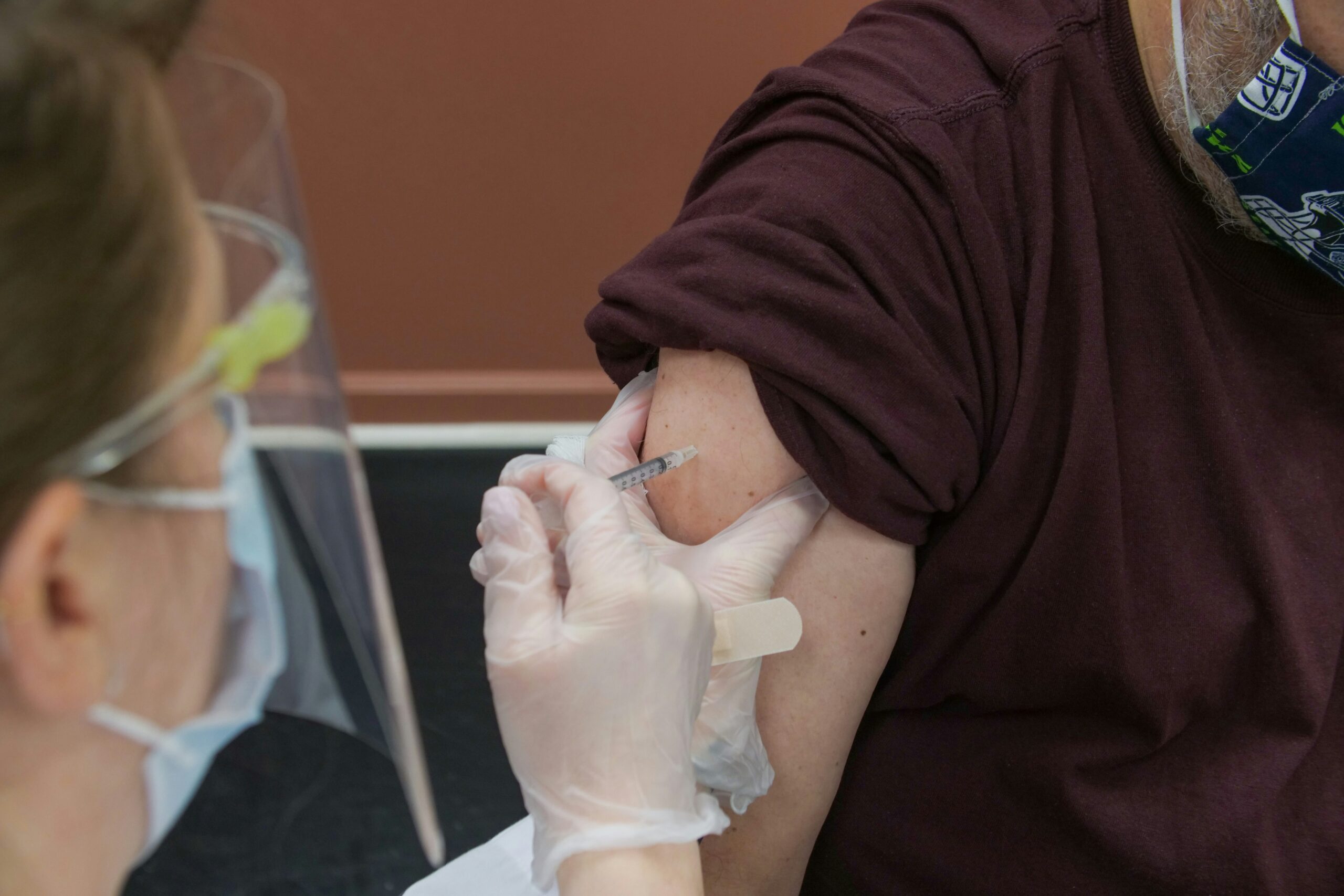The Definition of Sobriety
Sobriety refers to the physiological and psychological state of being unaffected by the presence of an intoxicant.
For people who are in recovery from substance or alcohol use, the definition of sobriety is similar to the definition of abstinence. It means living a life free of drug or alcohol use. Some argue that people in recovery can use substances or alcohol in moderation, but research shows that drinking in moderation is often not a viable option for those who have previously been diagnosed with Alcohol Use Disorder (AUD).
Sobriety can also be defined as refraining from alcohol or psychoactive substance use. Less frequently, however, sobriety can also be interpreted as moderate alcohol or substance usage with no overt signs of intoxication.
History of Sobriety and Substance Abuse Rehabilitation in the US
In the early 1800s, most of American society regarded drinking and substance use as unethical and believed that alcohol threatened the country’s success. These beliefs led to widespread support for temperance as postulated by the American Temperance Society (ATS). This eventually led to calls for discontinuing alcohol (particularly spirits) outside medical procedures. By the 1830s, however, the ATS insisted that adherents abstain from all alcoholic beverages, not just spirits, giving rise to the notion of Teetotalism. In 1864, the New York State Inebriate Asylum was founded, becoming the first hospital in the US for the treatment of alcoholism.
One of the most well known programs in the space is Alcoholics Anonymous (AA), created by Bill Wilson and Dr. Bob Smith in 1935. AA helps aid sobriety among recovering individuals affected by alcohol or substance abuse, offering a place for support and encouragement.
Ways to Measure Sobriety
A practical approach to measuring sobriety is through sobriety testing. Sobriety testing is typically used to assess one’s level of intoxication. Measuring sobriety entails observing physical appearance while an individual completes tasks to determine coordination. In some instances, clinical tests are carried out to ascertain the level of substances in the bloodstream.
Sobriety Tests Done Outside Medical Facilities
Eye Examination and the Horizontal Gaze Test:
Because certain substances have the ability enlarge or restrict pupils, they are often used as a quick way to assess if someone may or may not be under the influence. Other tests involving the eyes, such as the horizonal gaze test, are used by law enforcement to help determine if a person may be intoxicated.
Using a Breathalyzer:
Standard sobriety tests frequently involve measuring the alcohol in exhaled breath to determine the amount of alcohol in the blood. This test uses a breathalyzer, which displays the amount (in grams) of alcohol per 100 milliliters of blood. Typically, 0.08 is the legal limit. If the breathalyzer reading is higher than this, impairment is evident.
The Walk-and-Turn-Test:
The walking and turning test is an assessment of balance used to measure sobriety. Individuals must follow a set of given and demonstrated instructions to pass the test, which involves taking steps and turning on a real or imaginary line. Beginning the test before the instructions are given, stopping while walking, failing to walk heel to toe, stepping off the line, using arms for balance, and turning incorrectly during the test, are typically assessed to mean some intoxication is present.
Sobriety Tests Done in Medical Facilities
Drug Testing:
Drug tests are the primary way clinicians measure sobriety in conjunction with nonclinical tests for sobriety. Drug testing is done to measure the extent of substance usage and misuse. Urine, blood, saliva, hair, or sweat samples are used in a drug test to measure sobriety or intoxication by looking for a specific or group of substances. The urine test, which examines the urine for the presence of specific illegal narcotics and prescribed pharmaceuticals, is the most popular type of drug test. Given that they can detect drugs even after five days of infrequent use, urine drug tests are quite effective.
Ways to Become Sober
If maintained and done correctly, sobriety can drastically improve an individual’s quality of life and wellbeing. Substance use disorder is often characterized by a lack of sobriety, substance cravings, compulsive alcohol or substance use despite the detrimental effects. As a result, becoming sober and avoiding substance use requires more than just good intentions or a strong will.
Some treatment methods with a track record of success in achieving sobriety include:
Identifying Personal Triggers:
Understanding internal and external triggers and developing a plan to avoid them are vital components of preventing relapses while maintaining sobriety. Individuals must minimize physical and emotional stress and environmental cues related to substance use to become sober. Also, cut all ties with people and environments where substance use is prevalent.
Setting Sobriety Goals:
The decision to become and remain sober is supported and reinforced by setting a goal for sobriety, which aids in overcoming uncertainty and offers daily objectives.
Having Staying Power:
The first step in getting sober is deciding to do so; the next is committing to the cause. It is crucial to understand and plan for the likelihood that several setbacks are likely to occur along the path of long-term sobriety.
Residential Treatment:
Numerous studies show that attending and completing formal treatment are consistently linked to better sobriety outcomes. In addition, licensed in-patient treatment facilities such as Lakeview Health provide round-the-clock intensive care and employ several therapeutic modalities to achieve long-term recovery.
Outpatient Treatment:
Making regular appointments with a behavioral health counsellor is a strong strategy for achieving sobriety. This notion is backed by the National Institute on Drug Abuse’s (NIDA) report asserting that involvement for more than 90 days in a behavioral health program (e.g. cognitive behavioral therapy) is effective for maintaining positive outcomes.
The Importance of Aftercare:
Strong aftercare plans such as an alumni program or 12-Step Meetings are also a great way to remain engaged in recovery. These activities allow people who are interested in recovery and sobriety the opportunity to share their experiences.
Ready To Get Sober? Lakeview Health Can Help
If you’ve realized your drinking or drug use is a problem, know that Lakeview Health is here to help.
Because different treatment modalities are effective for different people, we recognize the importance of attacking addiction in more than one way. When you choose treatment at Lakeview Health, you’ll meet with your therapist regularly to discuss the effectiveness of your treatment plan. We know your needs change as you walk the road to sobriety, and it’s key your treatment plan reflects those changes.
At Lakeview Health, we offer treatment for many different substance abuse issues, including:
- Alcohol addiction treatment
- Drug addiction treatment
- Heroin addiction treatment
- Meth addiction treatment
- Opiate addiction treatment
- Prescription drug addiction treatment
It’s Time To Change. Call Us.
If you’re ready to embrace sobriety, Lakeview Health is here to help you start your journey to recovery.
Call us at 866.704.7692 to learn more about our treatment offerings.




